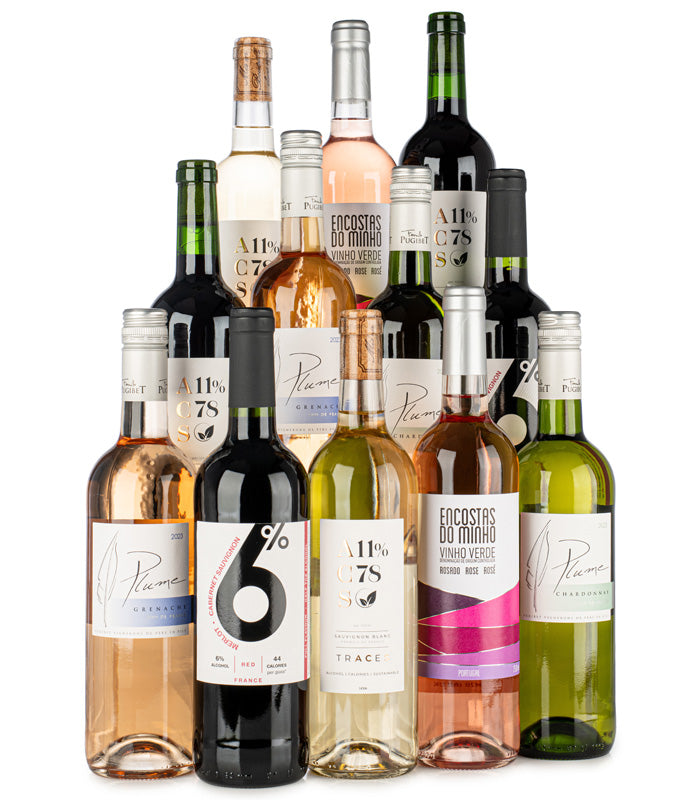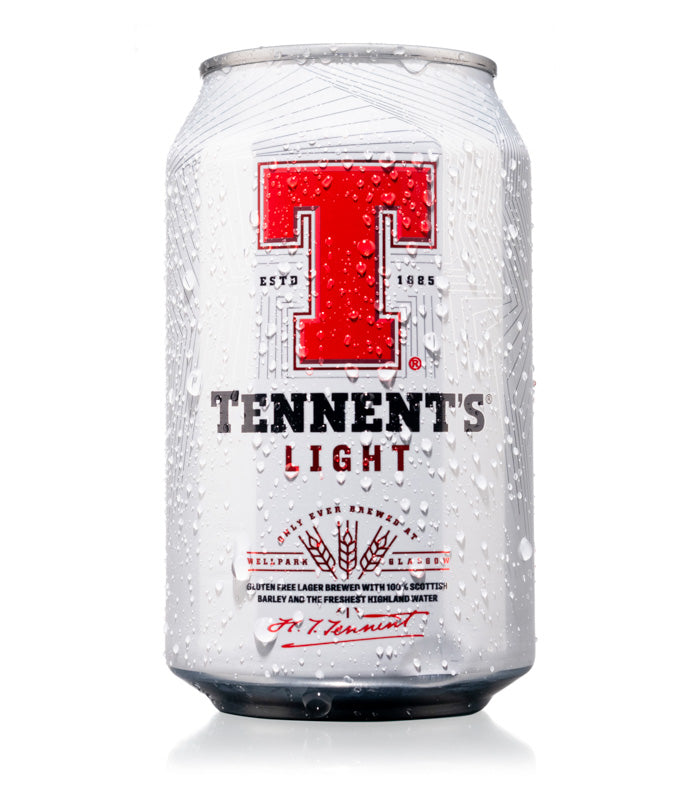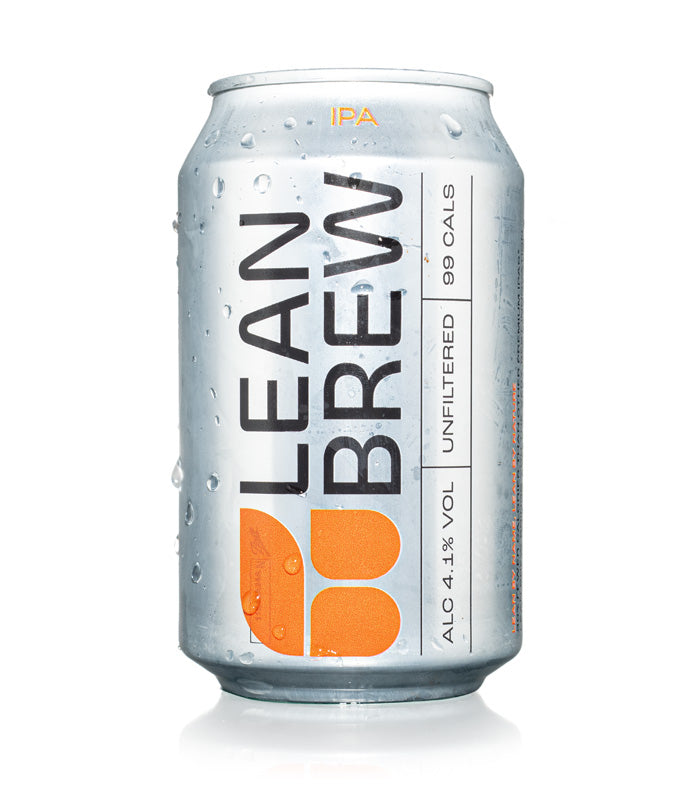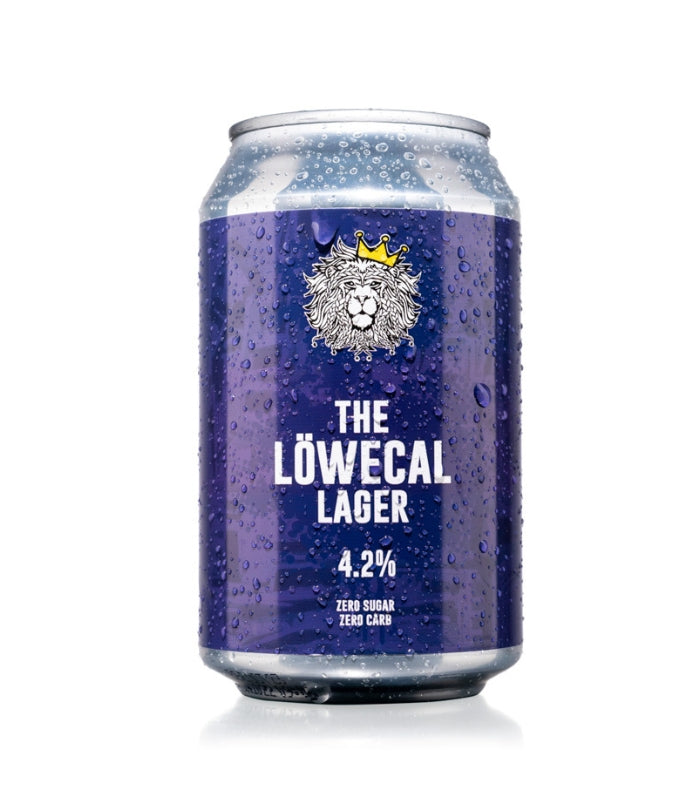-
ZERO SUGAR WINE
-
ZERO SUGAR WINE
ALL WINE
-
SHOP BY WINE TYPE
-
SHOP PRE-MIXED CASES
-
SHOP BY DIETARY REQUIREMENT


Limited Edition Winter Case
£129.99 £138.88
TRACES WINE
-
-
LOW CARB BEER
DEALS
LOYALTY






Histamines are a chemical that is created naturally by your body, but they can also be found in certain food and drink. In this blog, we take a look at what histamines are in relation to wine and what effect they can have on your body.
What are Histamines?
Histamines are chemicals that your immune system makes. In humans histamine is found in nearly all tissues of the body. Histamines are responsible for a number of functions in your body, including communicating messages to your brain, releasing stomach acid for digestion and to help your body get rid of something that is bothering you, such as an allergy or injury.
Your body naturally produces histamine, but you also take them in from food and drink that are rich in histamines. Examples of foods that contain histamines include cheese, wine, meats, fish and fermented foods such as sauerkraut. There is also histamine in wine and many other alcoholic beverages.
Unfortunately, histamines can sometimes cause some people problems if they become what is known as ‘histamine intolerant’. Histamine intolerance is not a sensitivity to histamine, but rather an indication that the person has developed too much of it. Symptoms of histamine intolerance include those that you would expect to see with a common allergic response, such as sneezing, hives, headaches, nausea and digestive issues.
Does Wine Cause a Histamine Release?
Histamine is a direct product of the fermentation and ageing process used in wine making, and so wine can cause a histamine release. Recent developments in chemical analysis demonstrate that wine contains relatively low levels of histamines (60 and 3,800 micrograms/litre in red wine, 3 to 120 micrograms/litre in white wine), and histamine levels in wine are below the level that would cause a reaction in most allergy sufferers. Some people are allergic to the sulphites in wine and their bodies naturally produce histamines in reaction to their intake. Additionally, histamine presence in wine may contribute to an adverse reaction when consumed in combination with other histamine-containing foods such as spinach and cheese.
Which Wine Affects Histamines the Most?
Red wine affects histamines significantly more than white wines - in fact, red wine generally has between 20–200% more histamine than white wine. That said, all wines are different and levels can vary between vintage, type, and fermentation process. The histamine concentration is significantly higher in red wine than in white wine because red wine is often fermented on or with seeds and skins which means they have higher levels of tannin (another potential irritant) which also creates more histamine.
What Happens if There are Histamines in Wine?
When histamine is released, it binds to one of four histamine receptors, causing smooth muscle contraction, dilation of blood vessels, mucous secretion in your stomach lining and a drop in blood pressure.
Normally, the body will break down the histamine when it has done its job and you won’t experience any symptoms, oblivious to the whole process. However, in some cases the body is not able to break down the histamine effectively, or is particularly sensitive to small amounts of histamine. If this is the case, drinking wine may cause symptoms similar to that of an allergic reaction.
Symptoms that may be experienced include:
All alcoholic beverages can be problematic for people with histamine intolerance because alcohol can make DAO, one of the enzymes your body uses to process histamine, less effective. Beer and other fermented products also contain histamine with beer having between 21-305 micrograms/ltr.
Are There Wines That Don’t Have Histamines?
There are currently no wines that do not contain any histamines. Histamines are very small particles that cannot effectively be completely filtered out, unlike sulphites and other larger sediment that can be filtered easily. However, scientists are currently researching the use of alternate bacterial strains during the fermentation process to help lower amounts of histamines in wines. In the meantime, try drinking dry whites like Sauvignon Blanc or sparkling wines like Cava or Prosecco as they are naturally lower in histamines than red wines.
Browse Sparkling Wines